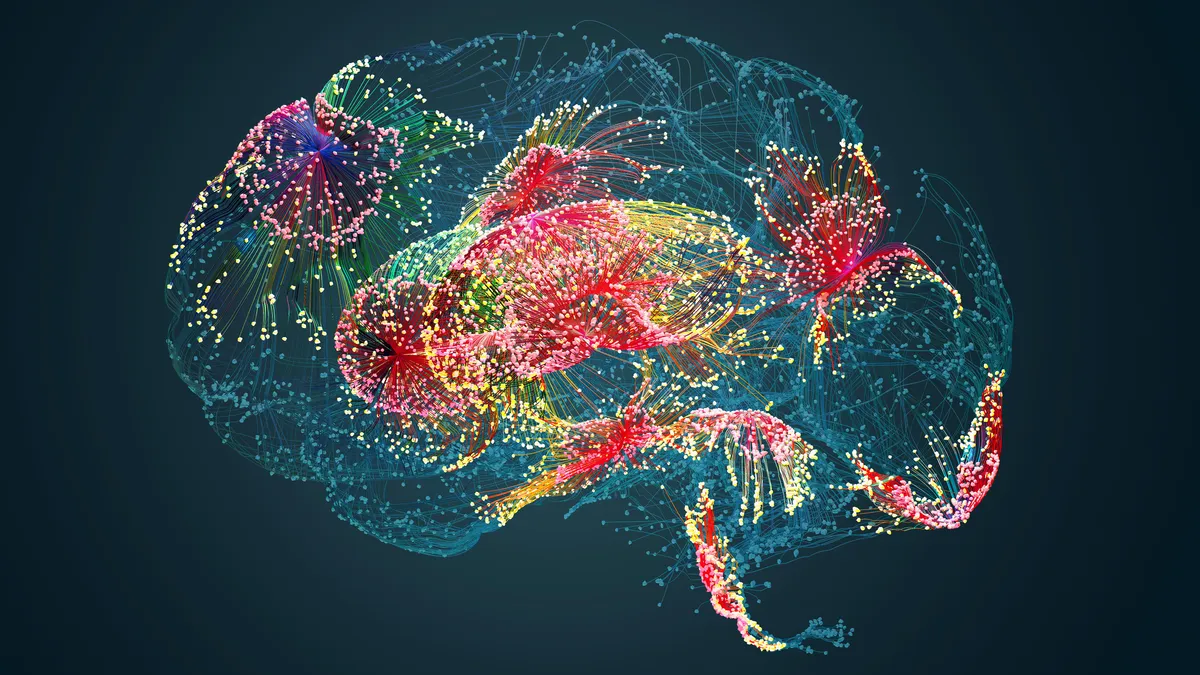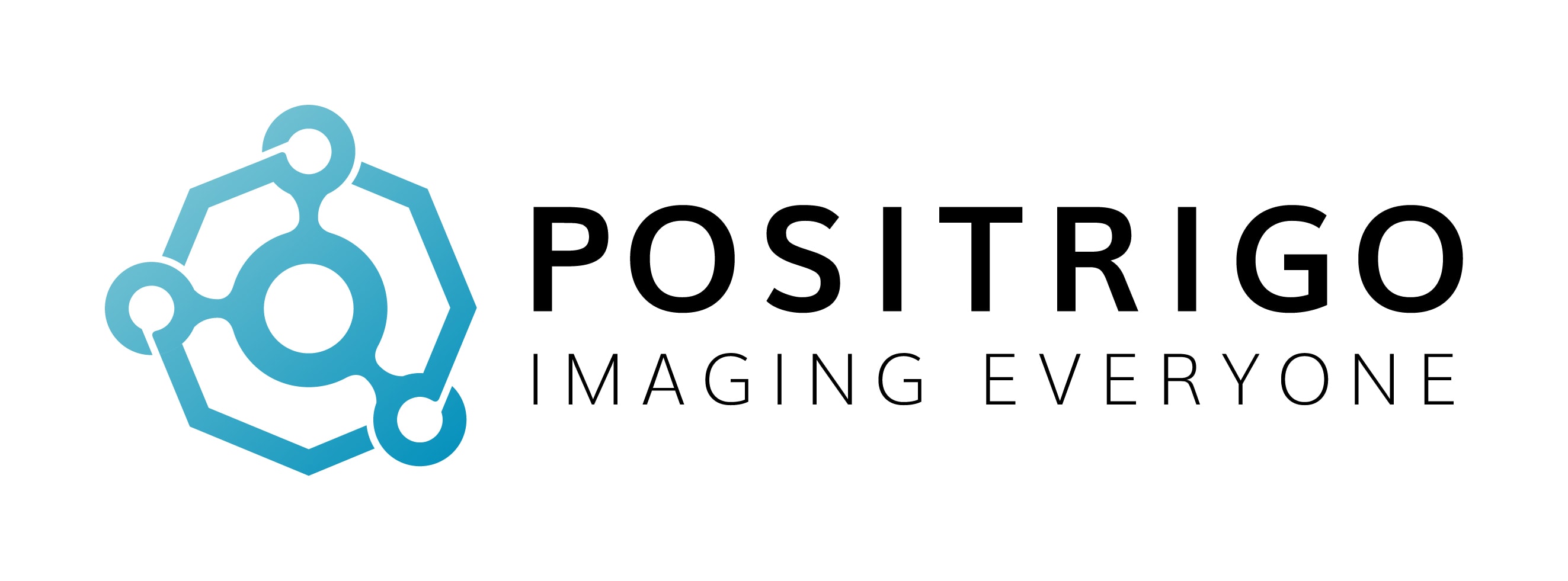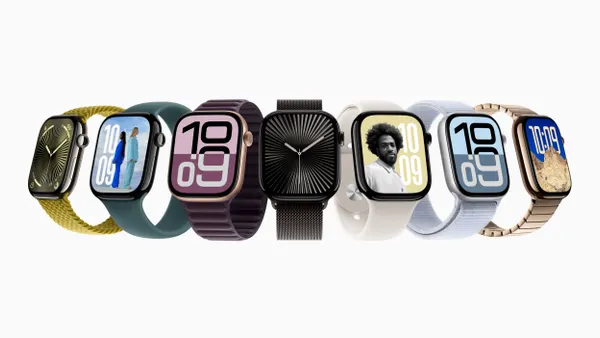Dive Brief:
- Three Democratic senators sent a letter to the Federal Trade Commission on Monday calling for safeguards on neural data collected by brain computer interface companies.
- The letter cited a 2024 report that found consumer neurotechnology companies largely don’t limit access to users’ neural data. The lawmakers called for baseline disclosure and transparency standards for all BCI devices, whether for wellness or medical purposes, and whether or not they are invasive.
- Senate Minority Leader Chuck Schumer, D-New York, and Sens. Maria Cantwell, D-Wash., and Edward Markey, D-Mass., called for the FTC to investigate whether neurotechnology companies are engaging in unfair or deceptive practices related to neural data.
Dive Insight:
As BCI technologies enter public discourse, the devices face growing scrutiny around security, longevity and privacy.
BCI devices being used for a medical purpose — such as those from Blackrock Neuroscience, Synchron and Elon Musk’s Neuralink — are subject to protections including federal health privacy laws and the Food and Drug Administration’s cybersecurity standards. However, protections are less clear when BCI devices are used for a nonmedical purpose, such as playing video games, according to a December report from the Government Accountability Office.
BCI devices designed for a nonmedical purpose, such as devices to help people focus while meditating, are not subject to federal privacy laws or FDA standards. Because of this, the GAO recommended a unified framework that covers both medical and nonmedical BCI uses, providing uniform rules and protections for consumer data. The watchdog said users should have the option to prohibit the collection of certain types of data or request that developers delete their data. Users should also have the option to own their data and store it locally.
Precision Neuroscience CEO Michael Mager said in an emailed statement that it’s important to distinguish between consumer neurotechnology products, “a fast-growing and loosely regulated sector with few clinically validated uses,” and implantable brain-computer interfaces, which are regulated by the FDA as Class III medical devices and are "subject to the FDA’s rigorous standards around data security and privacy, as well as to HIPAA privacy rules.”
The CEO added that Precision Neuroscience is a founding member of the implantable BCI collaborative community formed with the FDA.
“We welcome scrutiny—but we urge lawmakers to engage more deeply with this emerging field and distinguish between areas that may warrant increased regulatory focus and those with comprehensive regulations already in-place,” Mager wrote.
The senators cited a separate report, published last year by the NeuroRights Foundation, that looked at the privacy policies and user agreements of 30 consumer BCI companies. The companies included firms such as Earable, which makes a headband that claims to help users fall asleep more quickly, and Muse, which sells a headband that uses brain activity for a “personal meditation coach.” The survey did not include medical devices.
Of the 30 companies, 29 did not provide meaningful limitations to access to consumers’ neural data, according to the report. Most of the companies (22) had privacy policies on their websites, and more than half of them had explicit provisions allowing for data sharing. Two-thirds of the companies said they could share users’ personal information with third parties under certain circumstances.
“Neural data is extremely sensitive and should be accorded the strongest privacy protection,” the senators wrote in the FTC letter.
They added that neural data can reveal mental health conditions, emotional states and cognitive patterns, even when anonymized. The senators called for neural data not to be repurposed or transferred without fully informed, opt-in consent.
The senators also called for the FTC to start a rulemaking process to extend protections for neural data beyond existing biometric or health data safeguards, writing that limits should be set on secondary uses such as artificial intelligence training or behavioral profiling.
Editor’s note: This article has been updated with comments from Precision Neuroscience.














